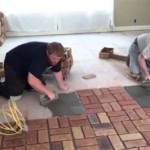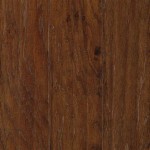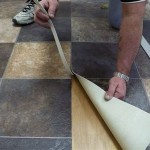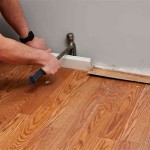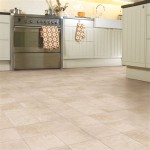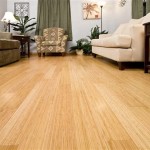Flooring For Uneven Basement Floors: Essential Considerations
Transforming an uneven basement floor into a functional and aesthetically pleasing space can be a daunting task, but selecting the right flooring is key to achieving optimal results. Here are the essential aspects to consider when choosing flooring for uneven basement floors:
1. Leveling the Subfloor
Before installing any flooring, it's crucial to address any unevenness in the subfloor. This can be done using self-leveling concrete or a plywood underlayment. Ensure that the subfloor is completely level and smooth to provide a solid foundation for the flooring.
2. Floating Floor Systems
Floating floor systems are an excellent choice for uneven basement floors. They do not require adhesives or nails to be installed and instead float on top of the subfloor. The interlocking panels or planks flex and adjust to minor imperfections, making them suitable for uneven surfaces.
3. Engineered Hardwood
Engineered hardwood is more stable and less likely to buckle or warp in the presence of moisture, making it a good choice for basements. It also has a thicker veneer than traditional hardwood, which can be sanded and refinished multiple times.
4. Luxury Vinyl Plank (LVP)
LVP is a waterproof and durable flooring option that is easy to install and provides excellent sound insulation. Its multi-layer construction makes it highly resistant to wear and tear, making it suitable for high-traffic areas in the basement.
5. Carpet Tiles
Carpet tiles offer a versatile and comfortable flooring solution. They are individual tiles that can be installed directly over an uneven subfloor without requiring leveling or adhesive. Carpet tiles also provide excellent sound absorption and thermal insulation.
6. Moisture Resistance
Basements are prone to moisture issues, so it's essential to choose flooring materials that are moisture-resistant. Vinyl, engineered hardwood, and carpet tiles are all good options for resisting moisture and preventing mold growth.
7. Durability
Basement floors endure heavy foot traffic and potential impact. Choose durable flooring materials that can withstand the wear and tear, such as engineered hardwood, LVP, or carpet tiles with high wear-ratings.
8. Professional Installation
For uneven basement floors, professional installation is highly recommended. They have the expertise and experience to ensure proper leveling and a flawless installation, maximizing the durability and aesthetic appeal of the flooring.
By considering these essential aspects, you can select the right flooring for your uneven basement floor and create a functional and inviting space that meets your needs.

2 Ways To Level An Uneven Basement Floor The Real Seal Llc

Best Ways To Repair Uneven Concrete Floors

Applying On Rough Concrete 3 Useful Tips

Unlevel Basement Slab Floor Signs Of Foundation Problems

Vinyl Plank Flooring On Uneven Concrete

Basement Floor Ideas

The Best Flooring For Basement Renovations Guide Reallyfloors America S Est Hardwood

Get Concrete Slab Leveling To Fix Your Uneven Garage Floor Lift Right

Causes Of Basement Floor S And What To Do About Them News Events For Systems Inc

Foundation Floor Repair X
Related Posts

